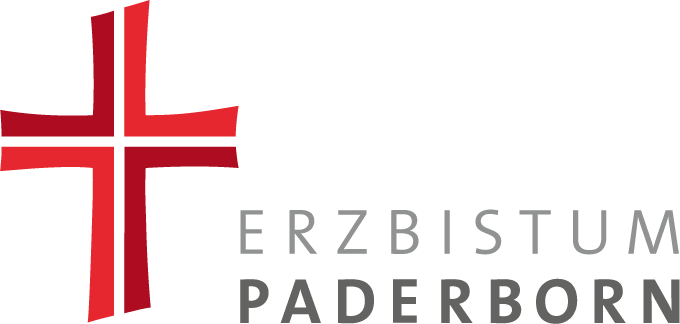World War II ended for Pope Pius XII with an ambivalent result: the Holy See was widely regarded as a reinvigorated institution of peaceful reconstruction, but the pontifex was confronted with the fact that communism, with its repressive church policy, had penetrated far into the Catholic heart of Europe. Former strongholds of the Catholic faith like Poland, Slovakia and Croatia were now governed by atheist ideologues who regarded the Catholic Church with suspicion or outright contempt.
With the opening of the archival records of the pontificate of Pius XII in 2020, a plethora of sources became available to researchers that offer insights into the ways the Vatican tried to navigate these new political realities.
This workshop therefore aims to explore how the Church’s identity as a sovereign state, a non-governmental and a spiritual actor shaped its responses to communist regimes and how these dimensions coalesced to define its position not only in the context of Eastern European history but also more broadly in the context of the Cold War. A valuable aspect of this workshop is furthermore – besides the focus on the Roman Catholic Church – a critical look at the relationship between the Vatican and Greek Catholics, who, unlike Roman Catholics, were in a completely different legal position in the postwar period.
The workshop will take place as part of the project “The Global Pontificate of Pius XII
Catholicism in a Divided World, 1945–1958” (for more information visit our Website: https://piusxii.hypotheses.org/)
Quelle: HSozKult, 27.11.2023,<www.hsozkult.de/event/id/event-140336>.
